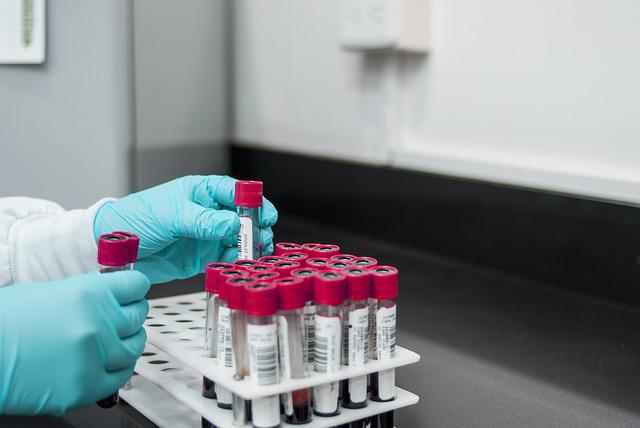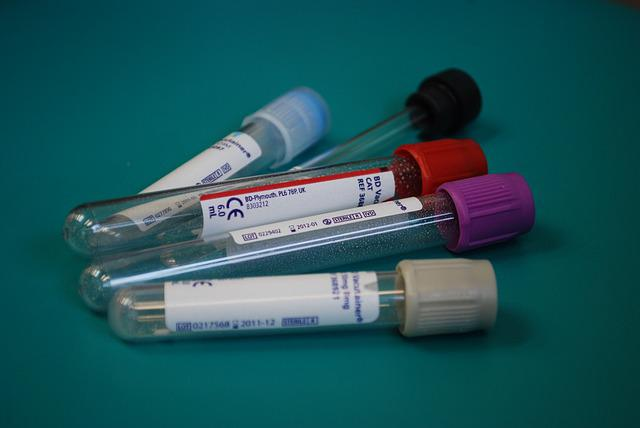Diagnostic Tests For PCOS And PCOD. When Should You Consult A Gynaecologist?



If you notice symptoms of polycystic ovary syndrome, such as excess hair growth, or your family has a medical history of it, you may wish to talk to your GP or consult a gynaecologist about a test to diagnose PCOS.
This article will look at what polycystic ovary syndrome is, which symptoms you may notice, and how a doctor might make a diagnosis.
If you get an early diagnosis, you will face less chance of developing complications in the future.
Suppose you're worried about your health. Speaking to an expert can help put you at ease. There is no right or wrong time to consult a gynaecologist.
You can also take one of our PCOS Blood tests, see here.
In short, PCOS is a genetic condition in which the ovaries release no eggs during a woman's menstrual cycle.
Signs of polycystic ovarian syndrome include irregular periods and indications of high levels of male hormones- such as extra hair growth on the face or the body.
Polycystic ovaries are larger than usual because they contain fluid sacks surrounding the egg follicles. However, people with polycystic ovarian syndrome do not have cysts despite the name.
These fluid sacks prevent the ovaries from releasing eggs, resulting in difficulty becoming pregnant, weight gain, and acne.
The most common cause of PCOS is genetics. Therefore if you have a family history of menstrual abnormalities, it may be wise to speak to your GP.
Generally, the hormone levels in males and females are different, particularly with sex hormones. However, women with PCOS symptoms may have higher levels of male hormones.
The abnormally high testosterone levels could prevent the ovaries from releasing eggs, as is done in regular menstrual cycles.
When the body doesn't process insulin properly, it can cause androgen levels to become imbalanced and produce more testosterone. Additionally, it can also increase blood sugar levels.
Inflammation, indicated by C-reactive proteins, and excessive white blood cells are other potential causes of polycystic ovary syndrome (PCOS).
If your doctor recommends, you will have blood tests which can determine whether or not you have polycystic ovaries.
Alternatively, an ultrasound scan may be able to diagnose PCOS.

If you're given an official PCOS diagnosis, your GP may refer you to a gynaecologist or reproductive endocrinologist; both of whom can provide specific treatment for the condition.
If the timing of your menstruation becomes unpredictable, perhaps your body cannot release the eggs when it ought to. This may be due to large fluid sacks in the ovaries.
Suppose you notice unwanted hair, such as excessive hair growth on the face, legs, or arms. In that case, that may indicate testosterone levels are higher than expected.
Because polycystic ovary syndrome is genetic, knowing about your family's medical history could be essential in understanding the likelihood of you having it too.
For the blood tests, a medical professional will place a needle in a vein in your arm to extract a blood sample.
This blood is taken to a laboratory where certain chemicals or a microscopic inspection will determine levels of female hormones.
The most common PCOS treatment is a medication which can manage the symptoms. Unfortunately, there is currently no known "cure".
The most common medications that a gynaecologist might prescribe are.
Birth control pills (such as an oral contraceptive pill)
Hormone blockers block testosterone and increase female reproductive hormones.
Infertility medication.

A gynaecologist can also provide advice for lifestyle changes that can improve your diet and increase the amount of regular exercise you do.
Your gynaecologist will know about your lifestyle and medical history and thus, be able to make efficient recommendations. This may include advice about weight changes, to help you reach a healthy weight.
According to pacehospital.com, PCOD is when the ovaries produce only immature eggs. And PCOS is when they do not release any.
The website claims that PCOD does not impact fertility, but PCOS does.
However, most professional medical advice that helps manage one will also help with the other.

It may seem odd that a health article is talking about the etymology of a word. But, by understanding where a word comes from, you can better understand what it means.
Poly is Latin for 'Many'. You may recognise it from words such as Polymer, Polyamory, and Polymath.
From the Greek 'Kystis', which is a bladder-like bag in an animal. It also happens to be where we get the term 'cyst' from.
Ovary comes from the modern Latin 'Ovarium', which is from the Latin 'Ovum'. Both of which mean 'egg'.
Polycystic ovary syndrome is more common than many people think. It's estimated that one in ten women has the condition. So don't panic if you notice symptoms.
No.
Although most health care providers could diagnose PCOS, reputable sources predict about 70% of polycystic ovary syndrome goes unrecognised.
Women with polycystic ovary syndrome are twice as likely to get "non-alcoholic fatty liver disease" and 50% as likely to get type 2 diabetes.
In short, you should consult a gynaecologist when your GP recommends or when you feel it's necessary.
If you've been given a diagnosis of polycystic ovary syndrome (PCOS), a gynaecologist can offer advice for lifestyle changes, such as losing weight or prescribing medications that can help with fertility treatment.
Usually, the diagnosis is made via an ultrasound scan or blood tests, which detect follicle-stimulating hormone levels.
However, we should also state that just because you may have similar symptoms to the ones mentioned in this article (such as irregular periods, or unwanted hair growth), that does not automatically mean you have polycystic ovary syndrome.
To order a PCOS Blood Test, click here.
For a full range of medications, visit our Welzo Online Pharmacy Page. For more details, click here.
Plus get the inside scoop on our latest content and updates in our monthly newsletter.